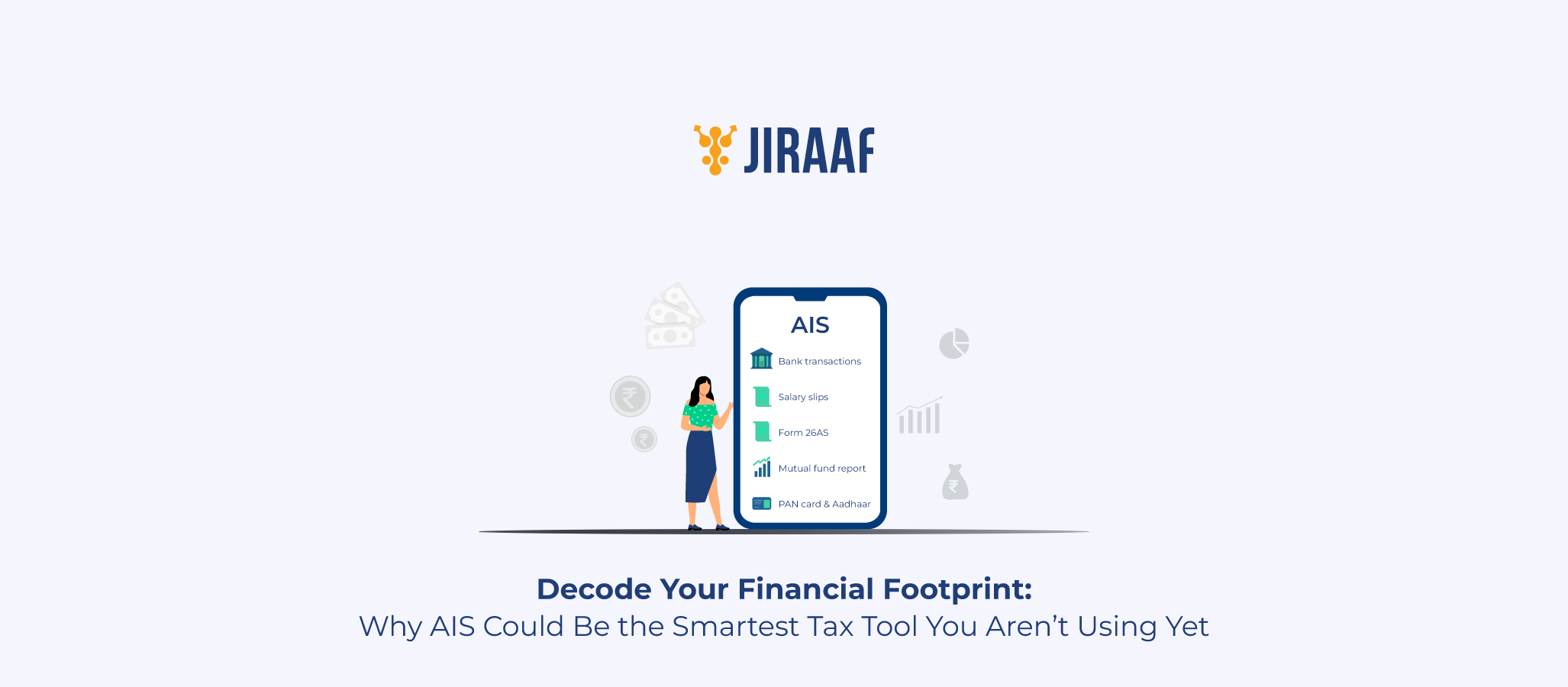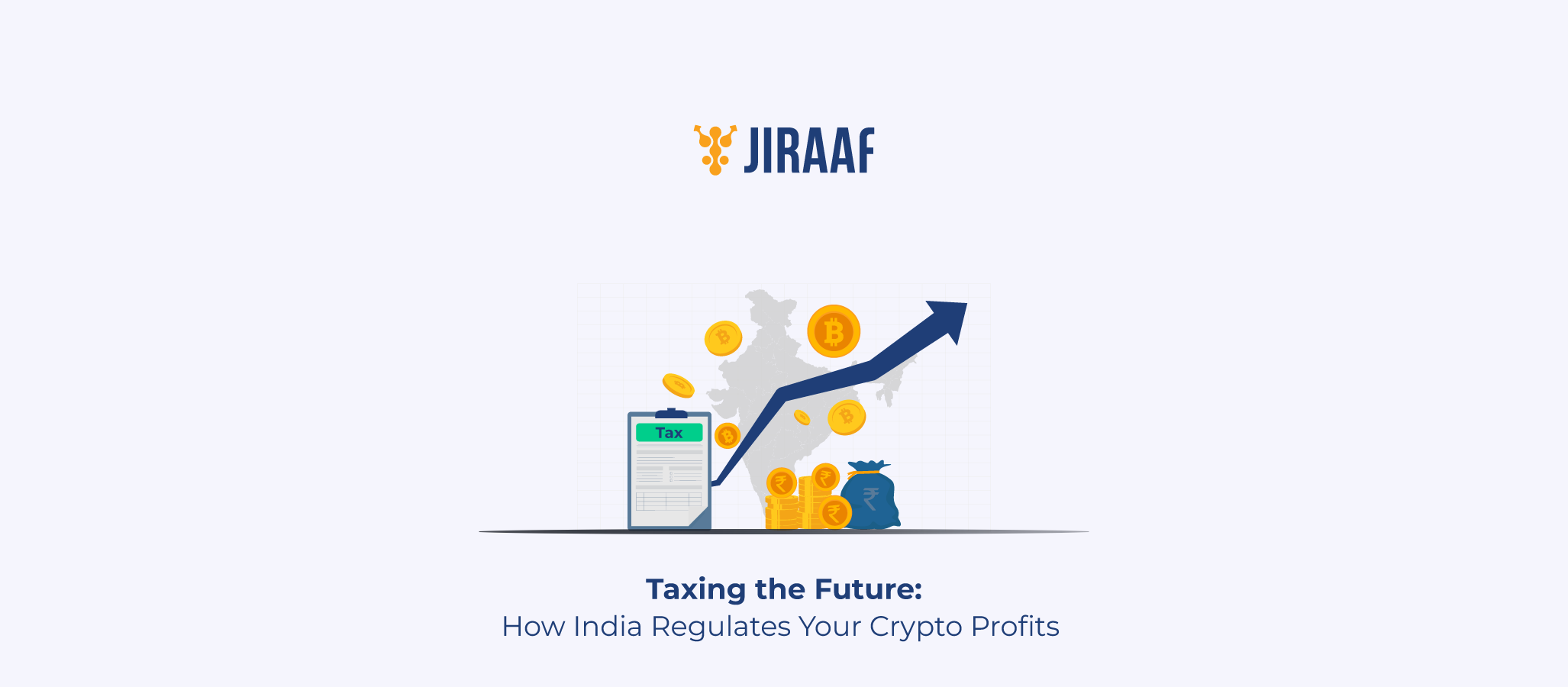Buying a house comes with responsibilities, some of which buyers might miss to foresee, especially if it is their first home. Not all of us have the entire amount saved up and rely on home loans to help us. This can prove to be a significant financial strain, and the government understands, so to ease the burden, it offers specific tax benefits for affordable housing.
One such benefit is under Section 80EEA of the Income Tax Act. This section gives you an additional deduction on the interest paid on home loans, helping you reduce your tax liability while you pay off your dream home.
In this blog, you’ll learn everything you need to know about claiming the 80EEA deduction—from who qualifies, how much you can save, and how to claim it in your Income Tax Return (ITR), to how it differs from other similar sections like 80C and 24(b).
What Is Section 80EEA of the Income Tax Act?
Section 80EEA allows you to claim an additional deduction of up to ₹1.5 lakh on the interest paid on a home loan. This deduction is over and above the ₹2 lakh limit under Section 24(b), making it particularly beneficial for first-time homebuyers investing in affordable housing.
This section was introduced in Budget 2019 to promote homeownership and boost the affordable housing segment under the government’s “Housing for All” initiative.
Eligibility Criteria for Claiming 80EEA
To claim the 80EEA deduction, you must meet the following conditions:
- Individual Ownership Only: Only individuals can claim this deduction. If you’re part of a HUF, company, or firm—you’re not eligible.
- First-time Homebuyer: You must not own any residential property on the date the home loan is sanctioned.
- Loan Period: The home loan should be sanctioned between April 1, 2019, and March 31, 2022.
- Property Value: The stamp duty value of the house must not exceed ₹45 lakh.
- Loan Source: The loan must be taken from a recognized financial institution or housing finance company.
Maximum Deduction Limit Under Section 80EEA
Under Section 80EEA, you can claim:
- Up to ₹1.5 lakh on home loan interest paid during the financial year.
- This is in addition to the ₹2 lakh limit under Section 24(b) (interest on housing loan under “Income from House Property”).
So, if you qualify, you can claim a total of ₹3.5 lakh as a deduction on interest paid—significantly reducing your taxable income.
Section 80EEA vs Section 80EE vs Section 24(b)
| Feature | Section 80EEA | Section 80EE | Section 24(b) |
| Deduction Limit | ₹1.5 lakh | ₹50,000 | ₹2 lakh |
| Type of Deduction | Interest on Home Loan | Interest on Home Loan | Interest on Home Loan |
| Loan Sanction Period | 1 Apr 2019 – 31 Mar 2022 | 1 Apr 2016 – 31 Mar 2017 | No time limit |
| Property Type | Affordable Housing | First-Time Purchase | Self-Occupied / Let-out |
| Can be Claimed Alongside | 24(b) | 24(b) | 80EEA or 80EE (not both) |
Note: You cannot claim both 80EEA and 80EE for the same property.
How to Claim Section 80EEA Deduction in Your ITR
- Choose the Right ITR Form: Use ITR-1 or ITR-2 based on your income sources.
- Go to Deductions Section: Under “Schedule VI-A”, look for Section 80EEA.
- Enter the Amount: Enter the total interest paid (up to ₹1.5 lakh) in the appropriate field.
- Upload Proofs:
- Loan sanction letter
- Interest certificate from the lender
- Sale deed or property papers indicating the stamp duty value
Make sure your lender is a recognized institution under the respective authorities, to avoid rejection.
Example: How 80EEA Helps Save More
Let’s say Neha, a first-time buyer, purchases a flat for ₹42 lakh in May 2021. She takes a home loan and pays ₹2.8 lakh as interest in FY 2025-26.
- Under Section 24(b), she claims ₹2 lakh.
- Under Section 80EEA, she claims an additional ₹1.5 lakh, but her total interest is only ₹2.8 lakh.
- So, she claims ₹2 lakh under 24(b) and ₹80,000 under 80EEA.
Net Tax Benefit = Deduction of ₹2.8 lakh from her total income.
Who Should Opt for 80EEA?
Section 80EEA is ideal for
- Salaried individuals with home loans for affordable housing
- First-time homebuyers in metro cities or tier-2 towns
- Those seeking maximum deduction on interest without investing further
However, if your loan is not sanctioned within the eligible period or the property value exceeds ₹45 lakh, you’re not eligible.
Common Mistakes While Claiming 80EEA
- Not checking the loan sanction date. Loans must be sanctioned between April 1, 2019, and March 31, 2022. Outside this range? No 80EEA.
- Claiming both 80EE and 80EEA. You can’t claim deductions under both sections for the same loan.
- Assuming joint ownership makes you eligible. If you’re a co-owner and also own another property, you lose eligibility under 80EEA.
- Not submitting correct documents. Interest certificates and sanction letters must be properly documented.
- Ignoring stamp duty value cap. Ensure the property’s stamp duty value doesn’t exceed ₹45 lakh—not just the transaction value.
Should You Choose the Old or New Tax Regime?
Under the new tax regime, most deductions, including 80EEA, are not available. So, if you’re claiming interest deductions on a home loan, the old regime is more beneficial.
Compare your total deductions—including 80C, 24(b), and 80EEA—before choosing your tax regime.
Home Loans Are Temporary; Smart Tax Moves Are Forever
Think of your home loan as more than just a long-term financial commitment—it’s also a tool for building financial wisdom. Sections like 80EEA aren’t just about saving taxes; they reflect how policy can align with your life goals. So, as you plan your repayments, don’t just focus on EMIs—focus on optimizing benefits, understanding your rights as a taxpayer, and making each financial decision a stepping stone toward long-term security.
This is your chance to let tax planning be part of your wealth-building journey—not just a once-a-year ritual.
FAQs
What is the maximum deduction available under Section 80EEA?
You can claim a maximum deduction of ₹1.5 lakh per financial year under Section 80EEA on interest paid towards a home loan for purchasing an affordable house.
Can I claim both 80EEA and Section 24(b) deductions?
Yes, you can claim both deductions. Section 24(b) offers up to ₹2 lakh, and Section 80EEA provides an additional ₹1.5 lakh, subject to eligibility conditions.
Is 80EEA deduction available under the new tax regime?
No, the 80EEA deduction is not available if you opt for the new tax regime, as most exemptions and deductions are disallowed under it.
Can I claim 80EEA every financial year?
Yes, you can claim the 80EEA deduction every year until the home loan interest is paid, provided the eligibility conditions remain satisfied each year.
Is 80EEA deduction applicable for joint home loans?
Yes, both co-borrowers can claim the 80EEA deduction individually, provided they each meet the eligibility criteria and are co-owners of the property.
Discover fixed income investments with Jiraaf, a SEBI registered online bonds platform that educates and brings access to a wide array of bonds. Sign up today to explore diversified fixed income investment opportunities to support your goal-based wealth creation journey. Start investing!




